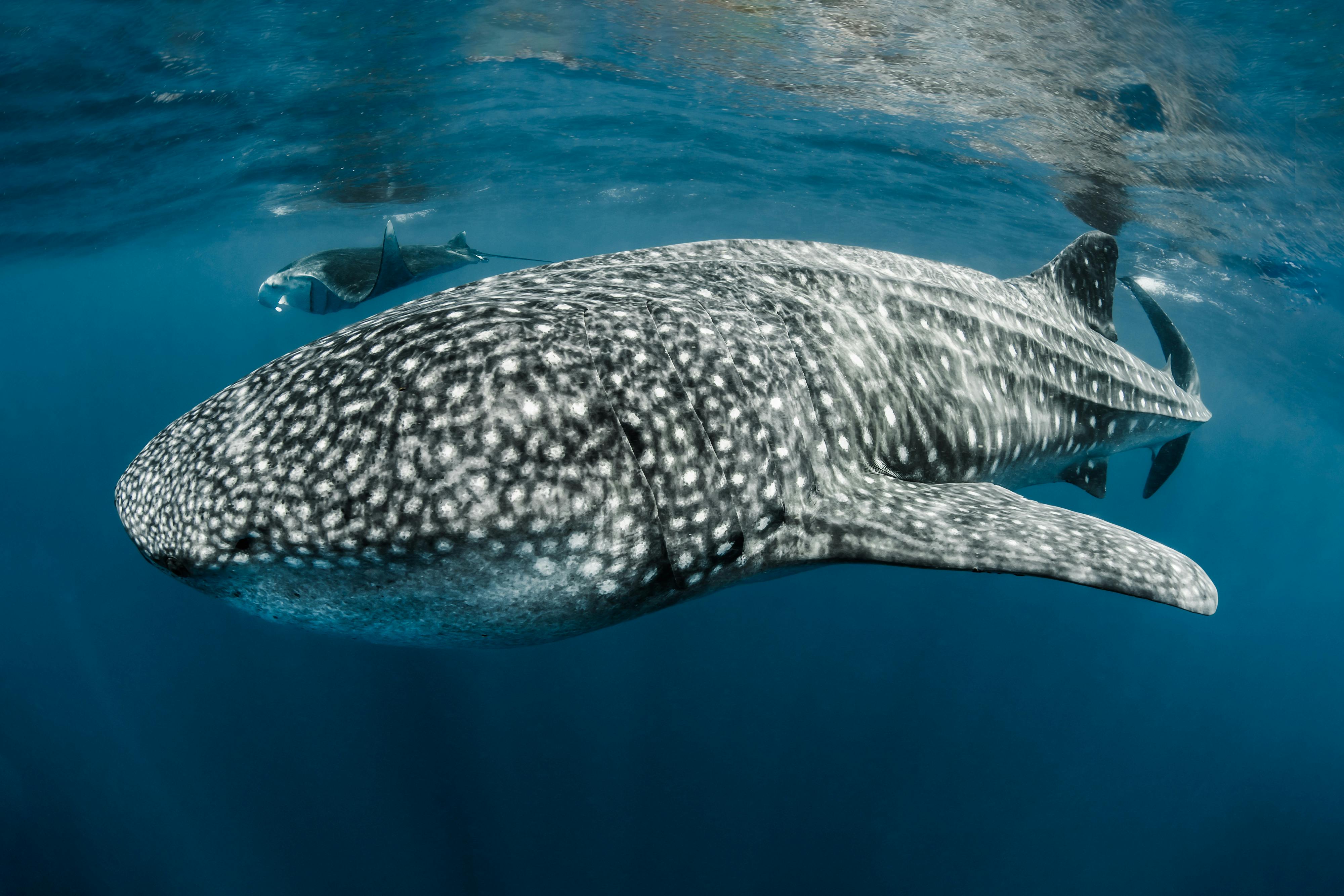Sharks and rays underpin ocean life. As predators and filter feeders, they are stewards of the ocean’s food web, critical to sustaining the biodiversity that countless marine life — and people — depend on. Simply put, they’re worth far more alive than dead. Tourism around whale sharks and manta rays generates millions annually for coastal communities.
World leaders are gathering this November in Uzbekistan for the 20th annual Convention on the International Trade of Endangered Species (CITES). There, they’ll vote on whether to add whale sharks, oceanic whitetip sharks, and manta and devil rays to Appendix I — the highest level of protection under CITES.
This designation would ban all international trade across 185 nations, closing loopholes and empowering coastal communities to protect these vital species from exploitation and export.
And that’s not all. Adopting all of this year’s shark and ray proposals would bring approximately 70% of the global shark and ray meat trade and 96% of the fin trade under CITES controls. Appendix I listings and “zero quota” proposals would ban commercial trade in the most threatened species, while Appendix II listings would ensure proper management for highly traded species. Together, these measures would require countries to ensure any trade is legal, sustainable, and strictly enforced.
Countries like Panama, the Maldives, and Ecuador are championing the cause. They need the support of the worldwide public to bring other nations on board.
By raising our voices in support of this global letter, we can send a clear and powerful message:
We have a once-in-a-generation chance to keep whale sharks, manta and devil rays, and oceanic whitetip sharks in our ocean — not on the market.
We’ll share the signatures at the CITES conference to spotlight the global movement for shark and ray protection and give leaders the public backing they need to take bold action.
With thanks to the photographers and videographers who contributed their work to this campaign to help tell the story of these species: Alex Schmidt, Andy Murch, Darryl MacDonald, David Ochoa, Guy Stevens, Jake Mason, James Morgan, Jasmine Corbett, Nicolas Hahn, Shawn Heinrichs, Simon Hilbourne, Stan Shea, Steve De Neef, and Tom Vierus.





















